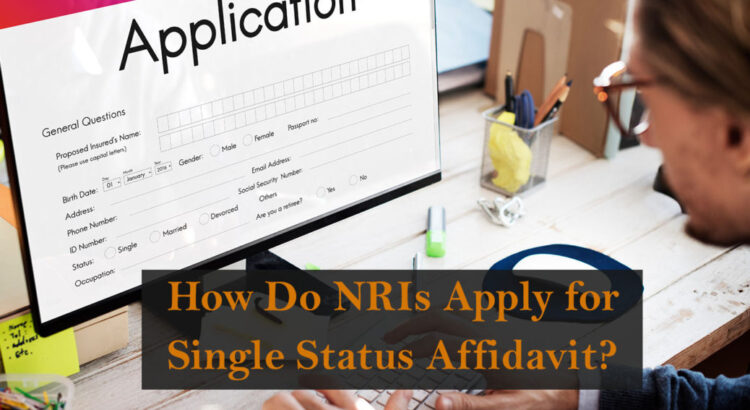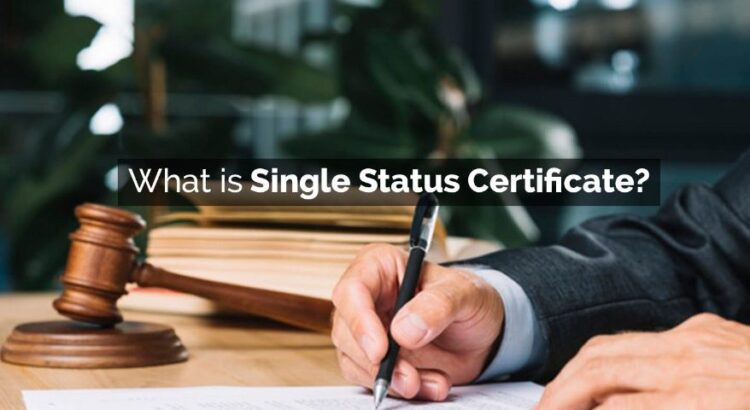Non-Resident Indians (NRIs) temporarily shift abroad. But, their belongings are left behind in the very place where they leave from. They still hold their ownership, but challenges turn more than ever. The most precious fixed asset is the property that requires proper monitoring.
Read MoreCategory: Tour and Travel
Get the best acquainted tour with the amazing places where NRI loves to visit in India while spending their vacations at affordable price

How Can a Non-Resident Start a Business in India?
In 2022, RCI registered an overwhelming growth in inward gross remittances, which surpassed an all-time high of $107.5 billion. It’s a positive sign for non-residents who are likely to start a business here.
Read More
How Do You Write an Official Reference Letter?
A reference letter shows an assessment of an individual’s qualities, characteristics and capabilities being able to do a specialised task. Also called a letter of recommendation, it is typically required for employment as a job reference. NRIs or any citizen may require it. One can also put the details of higher education, scholarship eligibility or any other related things.
Read More
CENOMAR Is Must To Show in Interview for K Visa To USA
Interview is crucial when it comes to seek visa for the USA, or other countries.
Candidates should know everything prior to scheduling for a visa interview.
Here is a roundup of all details that you need to know before going on an interview of K visa, which belongs to the USA. But still, it’s better to contact with an experienced consultant as Services2NRI is, for getting the details over the same.
Read More
How Do NRIs Apply for Single Status Affidavit?
Single status affidavit is the legal evidence issued by the district magistrate (DM) or sub-divisional magistrate (SDM) in India. It is also called the Single Status Certificate, Certificate of No Record, Certificate of No Impediment, Certificate of Nulla Osta, Single Statutory Declaration and Certificate of Legal Capacity of Contract Marriage.
Read More
What is Single Status Certificate?
A Single Status Certificate specifies marital status corresponding to the judiciary legislation of the country. However, Indian court or embassy accepts a self sworn statement or an affidavit to attest, which states that the affiant is single or, has no dependents from the previous marriage. If you ask what the single status certificate is, it refers to a legal document that discloses the matrimonial background, if there is any, revealing one’s eligibility for wedding in the foreign country.
Read More
NRIs Certificate Checklist to Enter EU Upon Lifting Travel Ban
The outbreak of COVID-19 has forced countries to enforce a travel ban. All services across the globe have been paralyzed. Lockdown has been imposed and movements are completely stopped unless it is an emergency.
Read More










